Lance Armstrong suggests doping confession cost him $100 million
Five years after his Oprah Winfrey interview the Texan faces his biggest legal battle
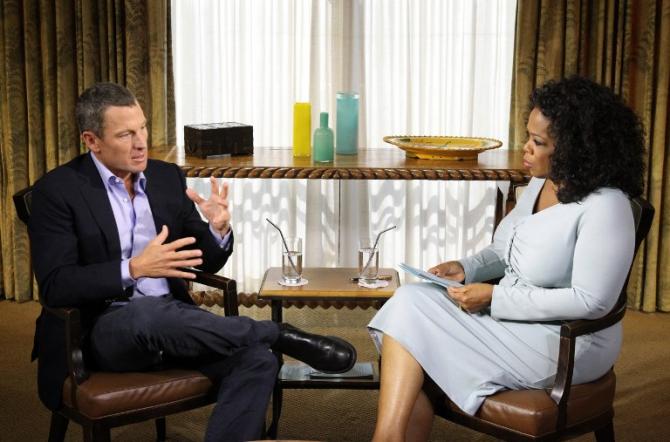
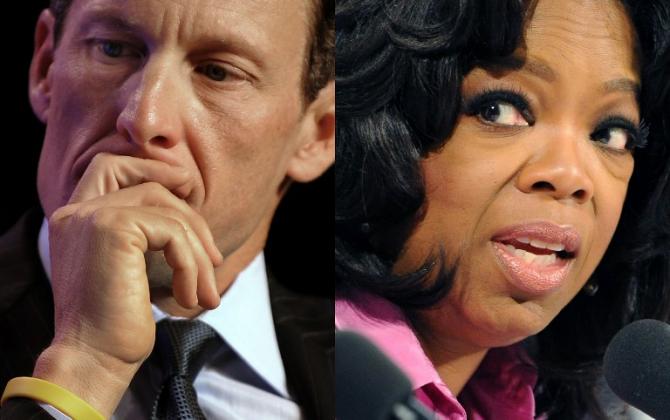
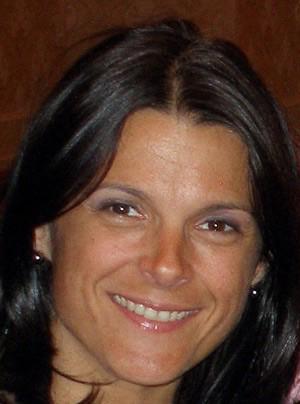
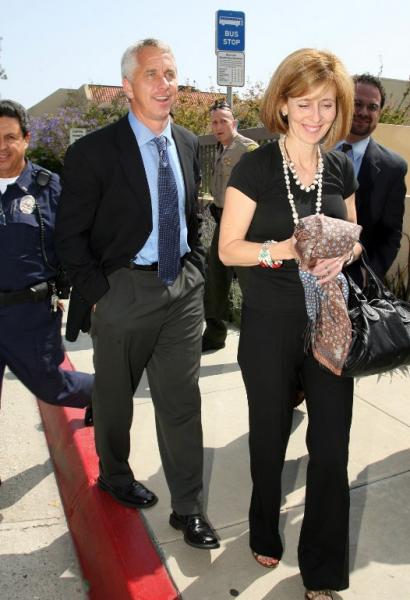
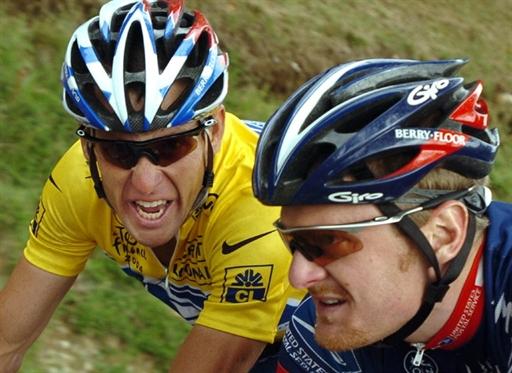
Exactly five years after Lance Armstrong confessed to doping on the Oprah Winfrey show, the disgraced Texan has suggested he has paid a financial price of over 100 million US dollars, with the approaching government-led whistleblower trial, sparked by Floyd Landis, possibly costing him more and revealing further details of his past.
Armstrong interview extended to two nights on Oprah Winfrey Network
LeMond: Armstrong deserves lifetime doping ban
Andreu willing to cooperate with whistleblower suit against Armstrong
Lance Armstrong: My life hasn't been without punishment
Date set for Lance Armstrong 'whistleblower' lawsuit
Judge in Armstrong case sets ground rules for 2018 'whistleblower' trial
USA Today quoted Armstrong as saying via email that the confession had cost him "in excess of 100 mil". In the days after his confession, long-term sponsors such as Oakley, Trek and others suddenly dropped their huge endorsements and sponsorship, massively reducing his income.
The 2013 interview with Oprah Winfrey, which was broadcast on January 17 and 18, marked a pivotal if perhaps calculated moment for Armstrong after he spent the previous 15 years vehemently denying any allegations of anti-doping violations and attacking his critics. He admitted to the use of cortisone, EPO, Human Growth Hormone, Testosterone, and blood doping, and suggested it would have been impossible for him to win the Tour de France clean.
Armstrong made the confession after the United States Anti-Doping Agency (USADA) investigation labelled the US Postal Service team's operation as "the most sophisticated, professionalised and successful doping program that sport has ever seen". USADA stripped Armstrong of all results from August 1 1998 and handed the Texan a lifetime ban, which was ratified by the UCI.
USA Today recalled the fifth anniversary of the confession by speaking to many of the people who could testify against Armstrong in May, including Betsy Andreu, Kathy LeMond, David Walsh and former assistant Mike Anderson.
Armstrong told Oprah Winfrey in 2013 that he would “spend the rest of my life trying to earn back trust and apologise to people”. When USA Today asked Armstrong for fresh comment on his apologies, he is reported as saying: “If this is really the direction you’re going in for any story I have no comment.”
Armstrong did meet and apologise to some of the people he hurt during his years of aggressive denials. Some, such as former soigneur Emma O’Reilly, accepted his apology. Others did not, suggesting that Armstrong’s words had been largely hollow.
Get The Leadout Newsletter
The latest race content, interviews, features, reviews and expert buying guides, direct to your inbox!
"All that money he earned, he actually cheated to get it," Kathy LeMond told USA Today. "He didn’t earn any of that honestly. It’s all ill-gotten gains."
LeMond added: "I wouldn’t say it was a heartfelt apology. It was a meeting, and I think he hoped to diffuse us continuing this."
Armstrong’s lawyers have tried to block Betsy Andreu from testifying in the upcoming whistleblower trial, suggesting she could use the case as "soapbox for impugning Armstrong’s character". However, the judge rejected that request.
"It didn't take long after Mr. Armstrong's call that he resorted to his same old tactics of going after my husband and me, publicly as well as privately," Andreu told USA Today, referring to a call Armstrong made to the Andreus before the Oprah Winfrey interview.
"This time around, however, people see him for the pathological liar he is. I tried to reconcile with him going so far as flying to meet with him in his hometown. When he refused to meet with me after I arrived in Austin, I knew his phone call was nothing more than a show for Oprah. I just wish he would now just leave us alone."
A string of lawsuits
Armstrong was reportedly hit with five lawsuits for fraud after the 2013 interview. Two were dismissed and he has settled with SCA Promotions concerning Tour de France bonuses from 2002 to 2004. He also settled with The Times newspaper that published David Walsh’s accusations.
The Landis whistleblower case is by far the biggest and could be the most expensive case for Armstrong. The US government is suing him on behalf of the US Postal Service, which claims it would not have paid $32.3 million to sponsor Armstrong’s cycling team from 2000 to 2004 if it had known he was violating the sponsorship contract by cheating.
Under the False Claims Act, that amount could be tripled and leave a huge hole in Armstrong’s accumulated wealth. Under US law, Landis could be awarded 25 per cent of any damages.
In Armstrong’s defence, his legal team claim that the US Postal Service received far more in promotional value from the sponsorship than it can show as damages. Armstrong has continuously claimed that doping was widespread during his career.
"We feel confident about our positions going into trial, as we have always felt confident about defeating this wrongheaded case," Armstrong’s attorney Elliot Peters said in November.
Landis’ lawyer Paul Scott suggested to USA Today that Armstrong made a calculated confession back in 2013 knowing he could have eventually faced a trial.
"We already had him dead to rights when he confessed," Scott told USA Today. "Trying to sell a jury on the idea he wasn't doping, when there was overwhelming evidence to the contrary, would have hurt him more than helped him."
